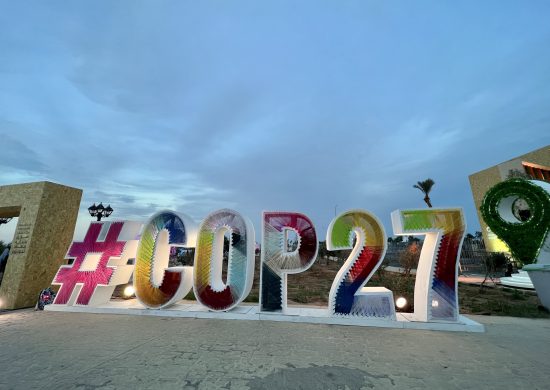This morning, the White House announced a new goal to reduce methane pollution from the oil and gas sector by 40-45% from 2012 levels by 2025. Methane is a short-lived climate pollutant, with a global warming potential of more than 80 times carbon dioxide over 20 years. To achieve this goal, the announcement includes a number of components.
The most important of these components is that the Environmental Protection Agency (EPA) will propose regulations to curb methane and volatile organic compounds (VOC) pollution from new oil and gas operations. The regulations build on a series of five Oil and Gas White Papers released last year, in which the EPA examined and sought feedback on ways to reduce emissions from oil well completions, pneumatic pumps, and leaks from well sites, gathering and boosting stations, and compressor stations. According to today’s announcement, the EPA will propose these regulations this summer and they will be finalized in 2016.
Also included in today’s announcement is confirmation that the Bureau of Land Management (BLM) will propose regulations to reduce wasteful venting, flaring, and leaks of natural gas from oil and gas operations on federal land, as well as new guidelines to reduce VOCs, improved safety standards for pipelines, and modernization of natural gas transmission and distribution infrastructure. More information on the announcement is in the White House Fact Sheet.
Commentary on the announcement has focused on EPA’s regulation of methane. A number of organizations praised the announcement as a major step forward while calling out the need to regulate existing sources, because those constitute 90% of the pollution. See: Environmental Defense Fund, Natural Resources Defense Council, Clean Air Task Force, Sierra Club, Earthworks, Blue Green Alliance, Ceres, and Earthjustice.
Media coverage of the announcement has been extensive, in traditional press, blogs, and social media. See: New York Times, Boston Globe, Washington Post, Wall Street Journal, and Politico.



